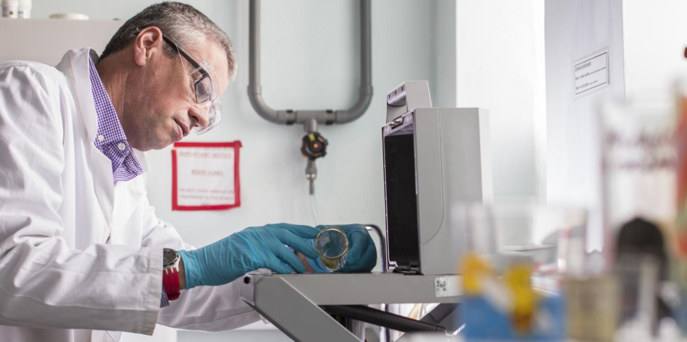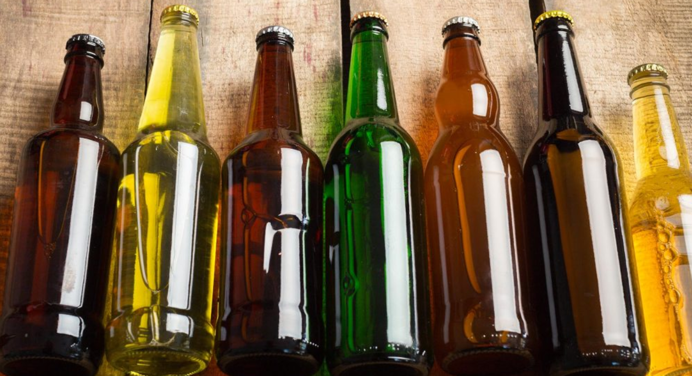Researchers from the University of Plymouth in the UK have made a discovery that could shock alcoholics: designs and writings on glass bottles of beer, wine, and spirits, contain toxic substances such as lead and cadmium, reported Daily Mirror.
The study, published in the journal Environmental Science and Technology, examined both the glass and enameled designs on transparent and colored bottles that were readily available at national supermarkets in the UK.
“It has always been a surprise to see such high levels of toxic elements in the products we use on a daily basis.This is just another example of that, and further evidence of harmful elements being unnecessarily used where there are alternatives available. The added potential for these substances to leach into other items during the waste and recycling process is an obvious and additional cause for concern,” Dr. Andrew Turner, Associate Professor in Aquatic Geochemistry and Pollution Science.
Turner wrote in the study that cadmium, lead, and chromium was found in bottles, but at small concentrations and health risks were considered to be low.
He said enamels contained the most toxicity, with cadmium concentrations of 20,000 parts per million (ppm) in the label of bottles, and lead concentrations of 80,000 ppm in wine bottles.
Several bottles exceeded US Model Toxins in Packaging Legislation levels and could be marked as “hazardous.”
Turner and his team purchased bottles of beer, wine, and spirits from national retail outlets between September 2017 and August 2018, with bottles sizes ranging from 50 ml to 750 ml.
Most of the bottles were transparent, frosted, green, ultraviolet-absorbing green (UVAG), and or brown — with some having painted images, patterns, logos, text, and or barcodes.
Nearly 89 bottles and pieces were examined using x-ray fluorescence spectrometry, 76 had low levels of lead and 55 had positives for cadmium. Chromium was identified in green bottles, 40% in brown bottles, but no detection in transparent bottles.
In past research, Turner has shown that enamel on drinking glasses, playground equipment, and toys contain toxic substances that are seen as harmful to human health.
Turner said: “It has always been a surprise to see such high levels of toxic elements in the products we use daily.”
Turner added: “Governments across the world have clear legislation in place to restrict the use of harmful substances on everyday consumer products.”
When Turner’s team contacted several of the bottle suppliers, they were troubled by how most bottles were not sourced domestically but rather from abroad.
“This poses obvious challenges for the glass industry and for glass recycling and is perhaps something that needs to be factored into future legislation covering this area.”
While the study was only limited to the UK, it remains to be seen if the US has toxic bottles.
via ZeroHedge News https://ift.tt/2YFKagY Tyler Durden

